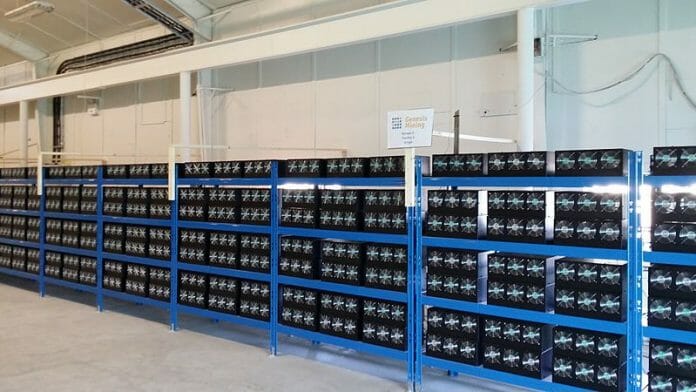By Azuan Muda
Bitcoin, the world’s largest digital currency rebounds above the $50,000 mark, after a massive drop from $45,230 last month following China’s intensifying plans to crack down on cryptocurrency trading and mining.
This is not the first time for the People’s Bank of China (PBOC), the central bank of the People’s Republic of ruled about threats posed by cryptocurrencies.
While the argument is centred on control, the PBOC’s true goals are twofold: to centralise cryptocurrencies so that the government can monitor them and lessen its reliance on the US dollar as a Reserve Currency, thus hoping it would weaken the US government.
The motive is particularly explicit when China declared that the USD Tether and Bitcoins are not fiat currency. This is an active intervention of PBOC in order to prevent any imbalance between foreign currencies and yuan in local markets.
Fiat currency represents how greater control that the central bank has over its economy. Unlike cryptocurrency, it doesn’t represent any particular economy and is not regulated by central authorities or backed by governments. Thus, China questions the credibility of virtual currencies and their dubious valuation.
The fact is these digital currencies are decentralised and traded outside the regulated financial systems, which present a clear threat to China’s economic fundamentals. The introduction of the Yuan Coin does not provide an immediate impact, although its foreign exchange reserves fell to USD 3.232 trillion in August of 2021 from USD 3.236 trillion in July.
The quintessence of bitcoin’s network is totally the opposite of how central banks operate. It is decentralized, with no central establishment or intermediaries to generate and produce new coins. Any transactions are validated by ‘miners’ who use purpose-built computers to solve complex puzzles and in return being rewarded with bitcoin.
These ‘miners’ are the real enemy of PBOC, together with inland and offshore digital currency exchanges.
Binance, Houbi, FTX and OKEx are exchanges that provide services to Chinese citizens. And last May, PBOC ruled that these exchanges were engaging in illegal financial activities including fraud and money laundering as well excessive energy usage.
Evidently, there are about 75% of the world’s bitcoin mining concentrated in China. Mining relies heavily on coal especially in Xinjiang, Inner Mongolia and Yunnan regions. In Sichuan, miners benefit from cheap hydroelectric power, especially during the rainy session. This massive energy consumption activity among miners would hinder Chinese President Xi Jinping’s pledges to meet carbon neutrality by 2060.









